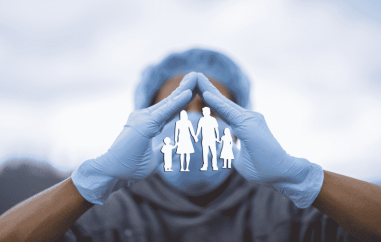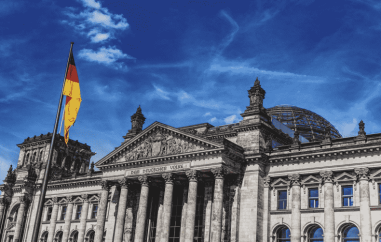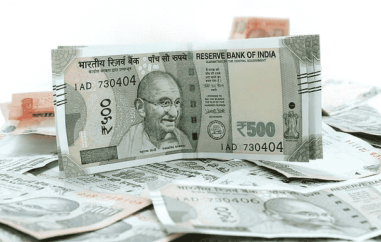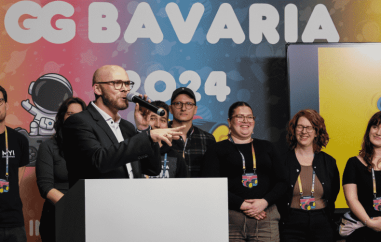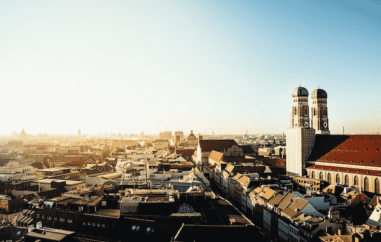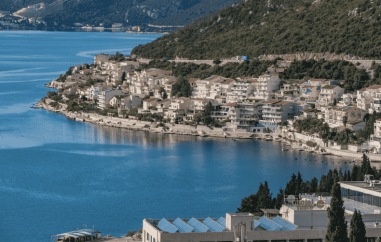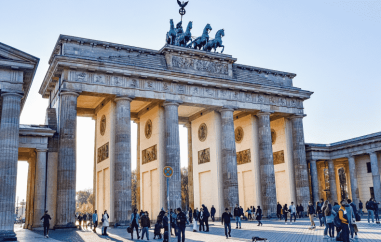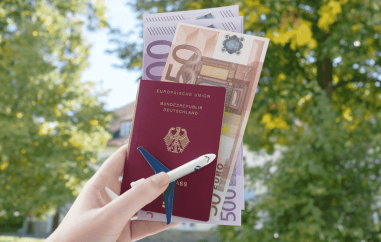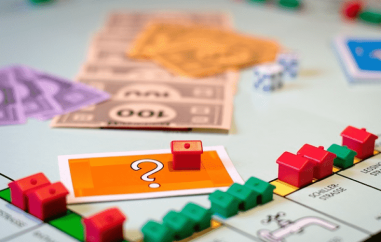Ukraine, Country on the Border (part 4a)
World War Two was Fought in Ukraine
The Ukrainians had always felt that the Bolsheviks were controlled by Jews, and that of all the enemies of Ukraine in the world, Russia was number one. The OUN split into two factions the OUN-M, which wanted to use political means from their base in Prague to achieve statehood, and the OUN-B, which wanted use violence or any other means necessary to gain statehood, and it remained in Ukraine. Fascism was the modus operandi in Europe at this time and for the OUN-B it seemed to be the best way to achieve their aim of creating a strong central government and a country. So they wanted a completely pure Ukrainian state. As soon as they could, OUN-B began to expel the Poles who had only recently established themselves in Galicia-Volhynia, killing a few thousand.
When Operation Barbarossa began in 1941 the OUN-B, led by the controversial figure, Stepan Bandera (hence the B in OUN), were only too happy to try and ally themselves with the Nazis. They thought they could use the Nazis to once and for all expel the Russians (and Poles) and began to work for them in exchange of weapons. This is why there were Ukrainians throwing flowers on the German Panzers in the early part of the war as they believed they had finally been liberated from Stalinism and communism.
Hitler, as we all well now know, had other designs and quickly he demanded that not only should the Ukrainians help Germany fight the Red Army, but that they should begin point out the Jews as well. Many people including Ukrainians in the Soviet Union believed communism was a Jewish mechanism to control Russian politics and when the Nazis offered more weapons to fight the Red Army, naturally the Ukrainians peasants and OUN-B aided the Nazis. They began pointing out the Jewish shtetl (Yiddish diminutive for town), helping the dreaded Einsatzgruppen carry out their grisly work.
Hitler would never allow Ukrainians or any other 'Untermenschen' (literally, sub-humans), to have a state within the borders of his desired empire. Also, because of the mobilization of the armies, workers were needed in the factories back in Germany to keep the Nazi war machine running. These were filled by workers from the east who worked in nearly slave-like conditions. An equal number of men and women were sent west to pacify both sexes (and brothels would not be needed). At its peak, 40,000 ostarbeiter (literally eastern workers) were being sent west per month. This was only enough to replenish workers being lost which suggests they were dying at an equal rate. Around 2.5 million Ukrainians were ostarbeiter, which is around 75% of the total sent from Eastern Europe to Germany.
The Final Numbers
It is impossible to tally the total number of Ukrainian lives lost during WWII. But in order to put it into perspective we now know that of the 5.5 million German soldiers who died during the war, around 90% of those died on the eastern Front. It was an absolute bloodbath. According to Andrew Gregorovich, an expert on Ukraine's history during the war, 2.5 million Ukrainian soldiers died in the Red Army. Another 5.5 million Ukrainian civilians were killed, including a half million Jews. The total of 8 million (some estimates have even suggested upwards of 15 million) known deaths is almost 20% of the total population of Ukraine before the war. If this is added to the approximately 5 million who died during the Holodomor, approximately 32% of the total population was killed in Ukraine from 1932-1945, an incredible 13 million. Add in WWI, and one can begin to see the nearly unending suffering this land endured.
Ukraine Today
The scars from this period can still be felt today. Enough older people still inhabit the villages that saw multiple armies pass through, and when interviewed they cannot think of this time for more than a few seconds without sobbing uncontrollably. Everyone lost someone. They saw methods of killing that are unspeakable, as well as other crimes which are unmentionable. These survivors, if one can even call them that, lived for a decade in utter and complete angst, hunger and surrounded by death and destruction.
Today's young people in Ukraine have heard the stories of this epoch, and have taken a sort of internal oath to never allow any of this to happen again. This plays out in the football stadiums when Karpaty L'viv, where Ukrainian is the language, hosts some team from the Russian-speaking east such as Metalist Kharkiv. If any fans from Kharkiv are brave enough, and yes, some are, to come to L'viv they are sure to have an opportunity to rumble if they so desire. For years all they have heard, and seen, is that the strongest get power. You can also get power by getting money, so corruption is astronomical. Crossing the border is always costly, in either time or money or both. Ukraine is the toughest neighborhood in an area of toughest neighbors. When the prospects of getting money are non-existent and extremely frustrating in such a land of plenty, the only way to demonstrate your power is at the end of your fists.
Is racism a problem in Ukraine? Yes, absolutely. Is it justifiable? No, not at all. Is it understandable? Here it gets a little murky. The history of Ukraine is fraught with danger; they were the battleground for two world wars. They were innocently caught between the hammer and the anvil, the Soviet Union and Nazi Germany. They lost as many as one in three of their total population, perhaps more in 13 years or so, and this does not take into consideration WWI and other conflicts a few decades earlier.
Ukraine has only recently established itself as a free and independent country after years of domination. In order to create such a country they have more than sufficiently paid for it with their own blood. The idea of people from other countries moving in is still foreign and frightening; they have seen that show before. Today, the protection of everything Ukrainian from the language to the land, from the culture to history is of the utmost importance. They need a little time to establish a true Ukrainian identity, to understand how things are different today, before they throw open their borders to the outside world. To open both the physical borders of the country, and those deeper more sensitive borders on the scarred psyche of Ukraine, it will take a little more time. Hosting the Euro 2012 Football Championship is a very big step in that direction.






